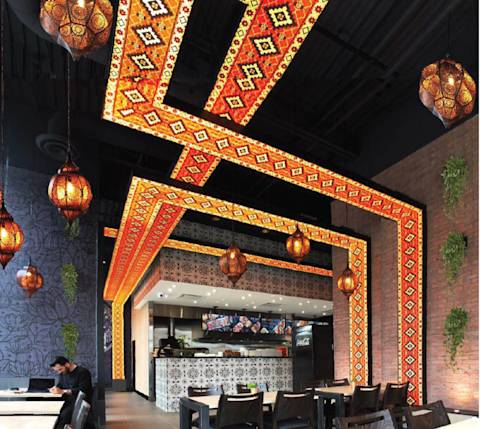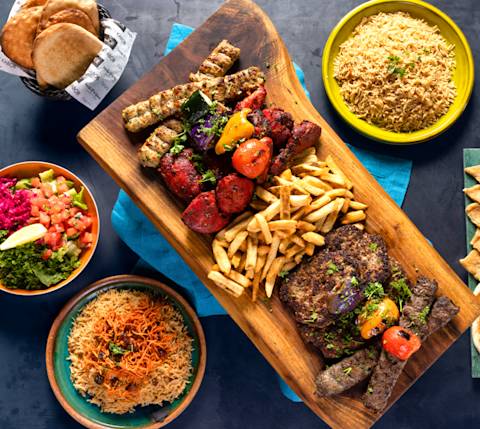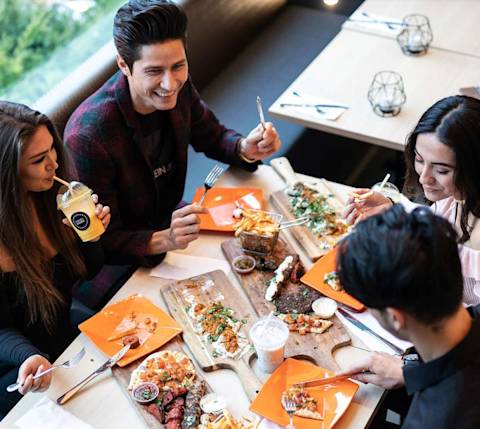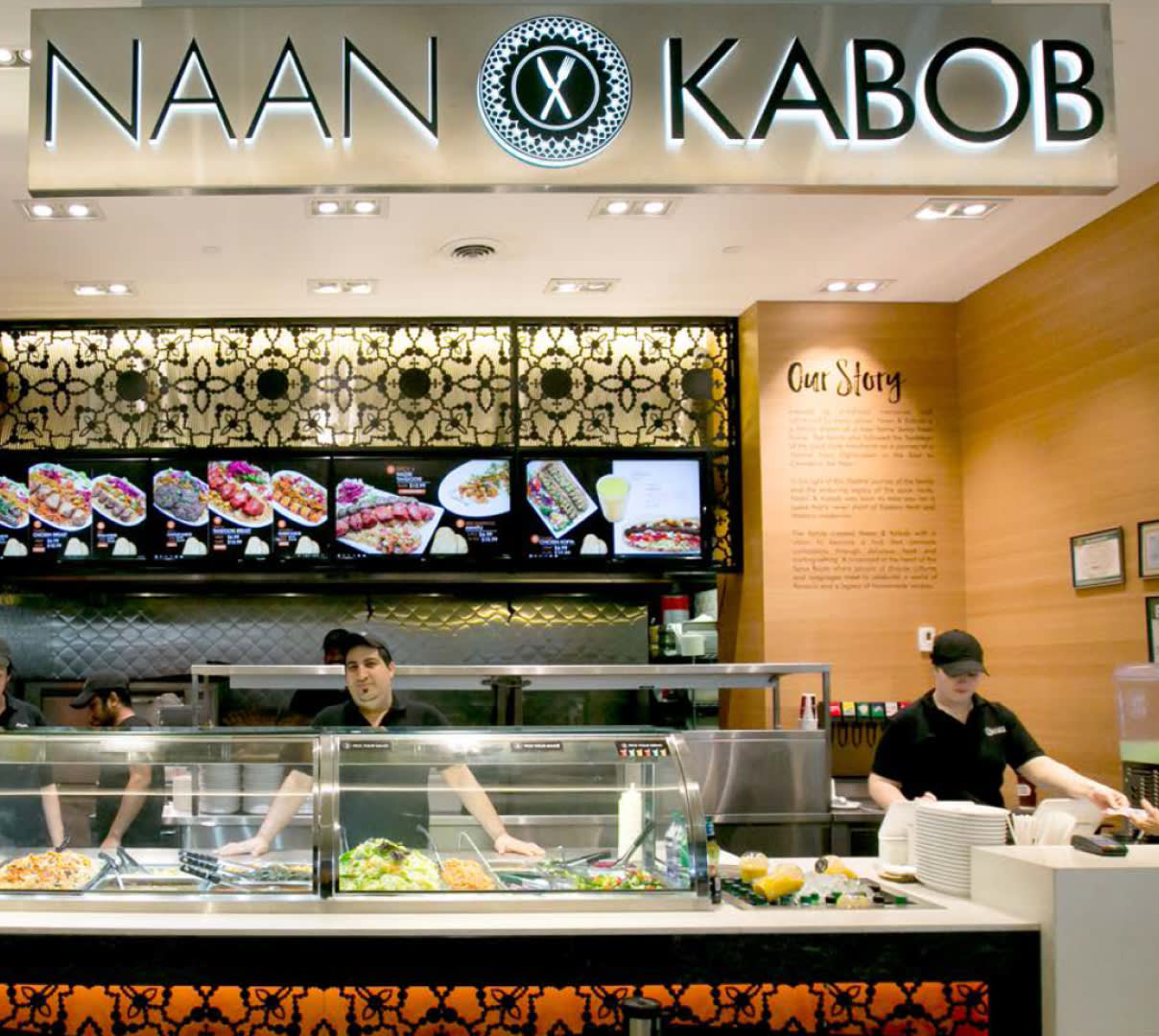About Naan & Kabob
Based in Toronto, premium fast-casual restaurant Naan & Kabob offers fresh, authentic Afghan cuisine in a contemporary setting. Fahim Ahmadi and his family first enjoyed Naan & Kabob as customers. He explained, "My mom really loved the place and knew the owner was ready to do something else, so she said to me, 'Why don’t you take over?'"
With his mother’s blessing, Fahim took on operations at Naan & Kabob in 2010 and today serves as VP of Development. The business has since expanded to six locations across the Toronto area, with plans to open three more in the next year.
"People love Naan & Kabob because of the quality of our food and our generous portions. It’s not something you purchase just once, so we have a high retention rate," said Fahim.

The Challenge
Fahim saw the potential of working with technology partners to offer delivery and pickup and signed up for multiple platforms, including DoorDash, in 2019.
But Fahim didn’t want to take a hands-off approach to these partnerships. "We wanted to take full advantage of technology and what it brings to the table for the restaurant industry," Fahim explained.
He needed a partner who would work closely with him to optimize their off-premise business, making the most of marketing tools to drive incremental sales and reach new customers.

DoorDash’s insights and understanding of the market helped us identify solutions that increased sales.

The Solution
While Naan & Kabob experienced rapid growth on DoorDash, Fahim wanted to push his sales even further. He worked closely with his DoorDash strategic partner manager to review quarterly reports and use the insights to identify growth opportunities — including promotions, integrations, and joint marketing campaigns. He also monitored DoorDash Merchant Portal data to improve operations, like reducing customer wait times, and analyze and understand trends across different locations.
"DoorDash’s insights and understanding of the market helped us identify solutions that increased sales," explained Fahim. "A lot of tech companies have advanced solutions, but they significantly lack empirical data. That’s a big distinction with DoorDash."
Naan & Kabob also launched DoorDash Online Ordering, which enables them to add pickup and delivery ordering to their own website, commission-free and with no monthly fees. Instead, they pay payment card processing fees of 2.9% of the total transaction amount + $0.30 per order.
"Online Ordering is an amazing idea," noted Fahim. "Having a professional, white-label ordering system adds value to our brand, especially compared to if we tried to build it ourselves." Fahim also launched promotions on Online Ordering, creating a unique promo code for customers and promoting it across Naan & Kabob’s marketing channels.
Fahim notes that having a suite of unique delivery and pickup solutions to choose from is a key differentiator for DoorDash. "We noticed their competitor stopped product development, while DoorDash continuously grew and expanded their products to capitalize on the market," he said.

The Results
Fahim’s efforts to optimize Naan & Kabob’s off-premise business have paid off. They achieved a 19% monthly growth in DoorDash sales. 32% of their DoorDash orders come from new customers, helping to expand their audience — while 32% of their monthly DoorDash sales come from DashPass, demonstrating their customer loyalty. Today, 60% of Naan & Kabob’s off-premise sales come from DoorDash.
The Online Ordering promotions drove an average 214% increase in weekly sales, achieving a 3.9X return on investment.
And while in-person dining is back on the rise, Fahim will continue to partner with delivery platforms. "COVID-19 created a convenience package, where with a touch of their mobile phone, consumers can order food and get it delivered to their door." He also notes that with the rising cost of groceries, consumers may find it’s more cost-effective to order from restaurants instead of purchasing the ingredients to cook a meal themselves.
But even with this success, Fahim is not resting on his laurels. "Because it survived COVID-19, the restaurant industry will become extremely competitive," predicts Fahim. "You really have to be the best if you want to stick around."





